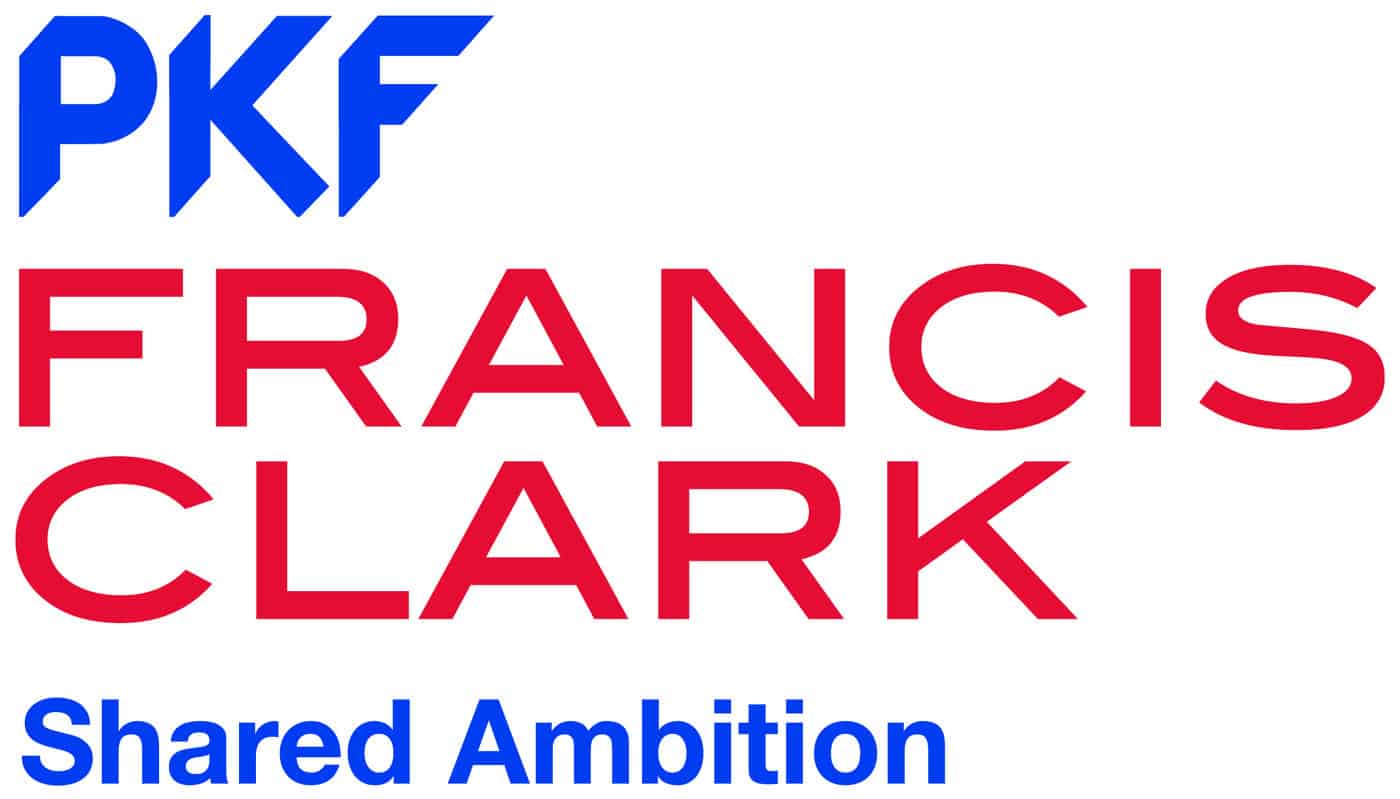Navigating the commercial funding market: adapting to another new normal

Jeremy Richards, corporate finance director at PKF Francis Clark in Southampton, considers the outlook for businesses seeking funding for growth or transactions.
The UK’s commercial funding market has once again experienced a rollercoaster ride over the past 12 months, marked by unexpected challenges and market disruptions.
From the reverberations of the Mini-Budget announcement in September 2022, recession fears and a significant rise in interest rates, businesses have had to grapple with compressed gross margins, higher operating expenses and borrowing costs. This has led to a more cautious approach to commercial funding to support growth and undertake transactions.
However, at the time of writing, base rate increases are now showing signs of levelling out as inflation pressures ease and the recent turmoil in the banking sector has put pressure on central banks to reconsider the scale of future increases. This has provided lenders and the market with more confidence that rate rises are now nearing their peak, providing a little more stability in their outlook.
For those businesses who may be considering refinancing or new funding to support growth or a transaction, traditional bank financing remains a viable but likely more restrictive option in this type of environment.
Private debt funds and non-bank lenders remain a very viable alternative. There remains substantial ‘dry powder’, with these lenders having substantial capital to deploy and good appetite to do so, for both sponsor-backed and independent businesses.
These funders are also far less constrained by regulatory credit metrics, so can adapt quickly to accommodate the changing landscape through increased flexibility in structure and terms. Unsecured cashflow loans or revolving asset-based lending structures are now becoming more prevalent in supporting both growth and transactional funding requirements.
Whilst this outlook is a little more positive, it’s important to acknowledge that uncertainties still exist, and the economic environment remains complex, compounded by the continuing events in Ukraine and now the Middle East.
With this backdrop in mind, to secure the best possible terms borrowers must consider:
Preparation – Invest time in preparing business plans that sell the credit story to lenders, ensuring there are clear mitigations to any potential obstacles, and supporting financial forecasts are robust and will stand up to funder scrutiny.
Understand all your options – As lender appetite is tighter, it’s important to maximise the chances of success by engaging multiple funders and so create competitive tension amongst those that are willing to support. The key to this is understanding a lender’s processes, policies and appetite.
Stay close – Once funders are indicatively open to your plans and ambitions, they will likely want to win the transaction by being innovative or demonstrating flexibility to secure the mandate – so be sure to articulate your funding objectives early on and then keep pushing lenders to deliver them.
Get independent advice – If you are approaching the debt markets for the first time or have traditionally only ever dealt with your own bank, having expert independent advice on your side can alleviate many of the stresses of a fundraising process. By quickly understanding your strategy, your business’s strengths and weaknesses, and with the ability to identify the funders that will be the best fit for your circumstances, we can give you a greater chance of achieving your ambitions.
For more information:
email [email protected]
or call 02380 012890.














